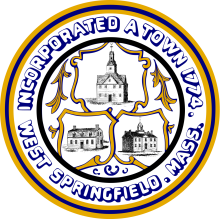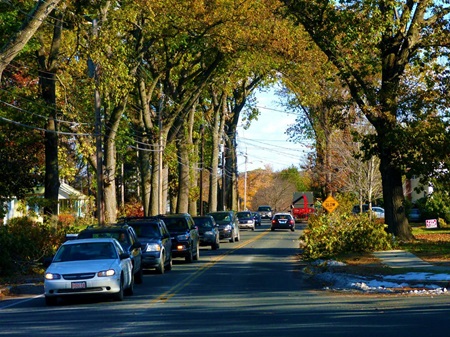Broadband Champion Jim Baller Presented With Lifetime Achievement Award
Whether it's supporting municipal broadband projects, fostering public-private partnerships, or advocating for laws and policies to improve local Internet choice, for decades James (Jim) Baller has distinguished himself as a telecom attorney fighting for the rights of communities to decide their own digital futures.
This week, Baller’s trailblazing career was honored at the 50th Anniversary Gala of the Institute for Local Self-Reliance (ILSR) in Washington D.C. where he was presented with a Lifetime Achievement Award as ILSR celebrated a half-century of advocacy work to promote and sustain vibrant local communities.
“I am very grateful for this award, which highlights my dedication to informed local broadband choice,” Baller said in accepting the award at the Howard Theater. “Thank you to the Institute for Local Self-Reliance for this recognition and for emphasizing the positive impact of community-driven broadband initiatives.”
Introducing Baller to a packed theater, ILSR’s Community Broadband Networks Initiative Director Christopher Mitchell described him as “someone who has shaped our work and has meant a lot for the entire nation.”
Mitchell said not only has Baller worked with countless communities and clients across the country who have benefited from his expert legal advice, but went on to note Baller's legacy and leadership:
"Jim Baller worked on the first municipal broadband project, shaped many of the people organizing for better broadband, and has consistently worked on effective ways to improve Internet access for everyone.”
Currently serving as Senior Counsel with Keller and Heckman’s Telecommunications practice, Baller has long been a leading legal practitioner helping communities do the important nitty gritty work involved in providing better broadband – from the siting of wireless network facilities and managing rights-of-way to negotiating fiber network pole attachments and public private partnerships.




